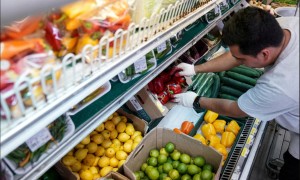Chinese Premier Li Keqiang on Tuesday highlighted the importance of promoting inclusive growth to build a sustainable world economy.
"Developing inclusive growth means promoting social equality, and letting everybody benefit from the growth. Achieving inclusive growth equals to realizing sustainable development," Li said when addressing the opening of the Annual Meeting of the New Champions 2017, or Summer Davos, in Dalian, northeast China's Liaoning Province.
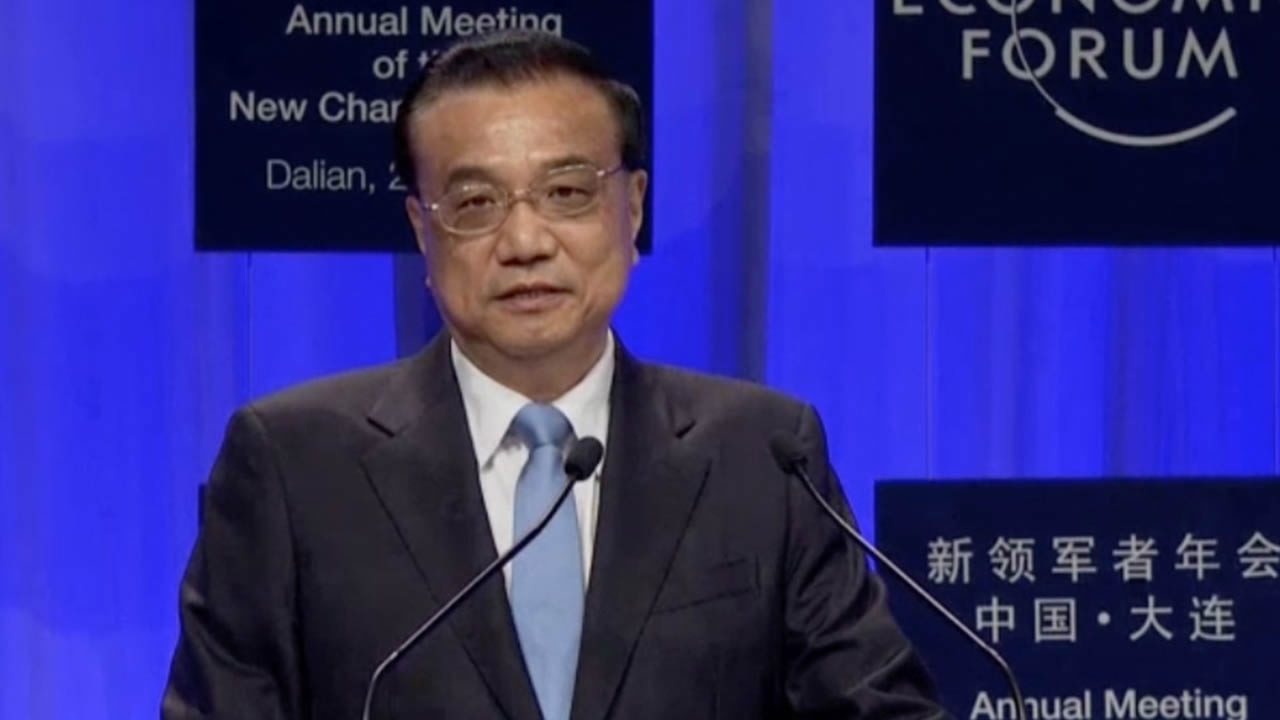
Chinese Premier Li Keqiang addresses the opening of the Annual Meeting of the New Champions 2017, or Summer Davos, in Dalian, China on June 27, 2017. /CGTN Photo
This year' forum, which will conclude on Thursday, carries the theme of "Achieving Inclusive Growth in the Fourth Industrial Revolution."
Compared with the previous industrial revolutions, the fourth round offers more possibilities to bring about inclusive growth, as revolutionary changes have been made in various industries due to technological advancements brought about by the Internet, digitization and artificial intelligence, Li remarked.
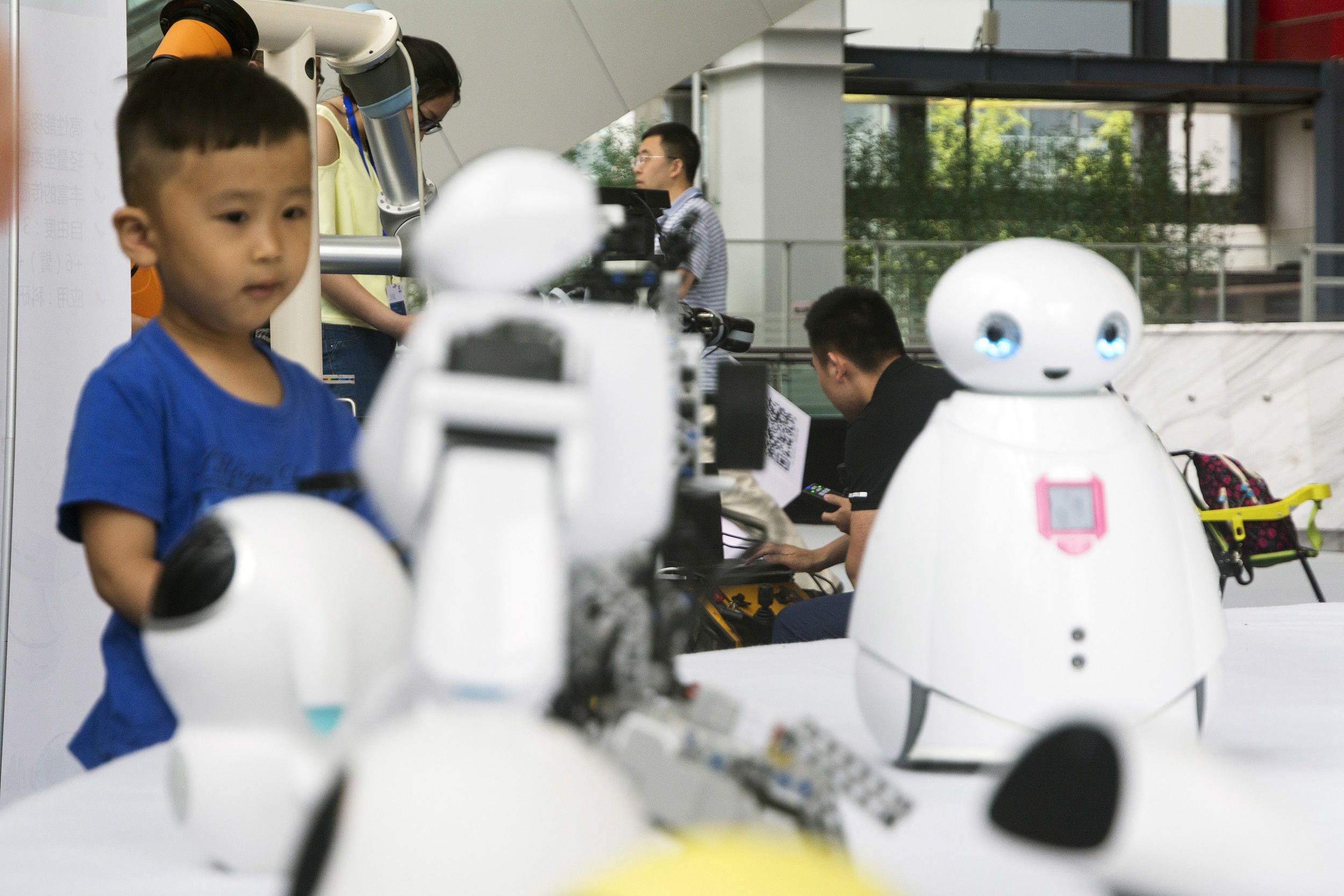
A boy looks at robots at an exhibition in Dalian, China, on June 25, 2017. /VCG Photo
No globalization, no exclusive growth
"To promote exclusive growth, we must firmly maintain economic globalization," the premier noted.
And that needs the efforts of all countries, Li added.
To better guide economic globalization, Li called on countries to seek good opportunities, boost trade and investment liberalization and facilitation and pursue development patterns that promote productivity and equality.
China committed to advancing inclusive growth
China has always been committed to developing an "innovative, coordinated, green, open and sharing" society, said Li.
The Chinese government has always made employment a priority on its development agenda, which, added Li, is fundamental to inclusive growth.
During the speech, Li also praised China's efforts to drive mass entrepreneurship and innovation. More than 15,000 enterprises were registered every day on average, with about 70 percent of them active in business over the past three years. And China has managed to lift over 700 million people out of poverty over the past three decades.
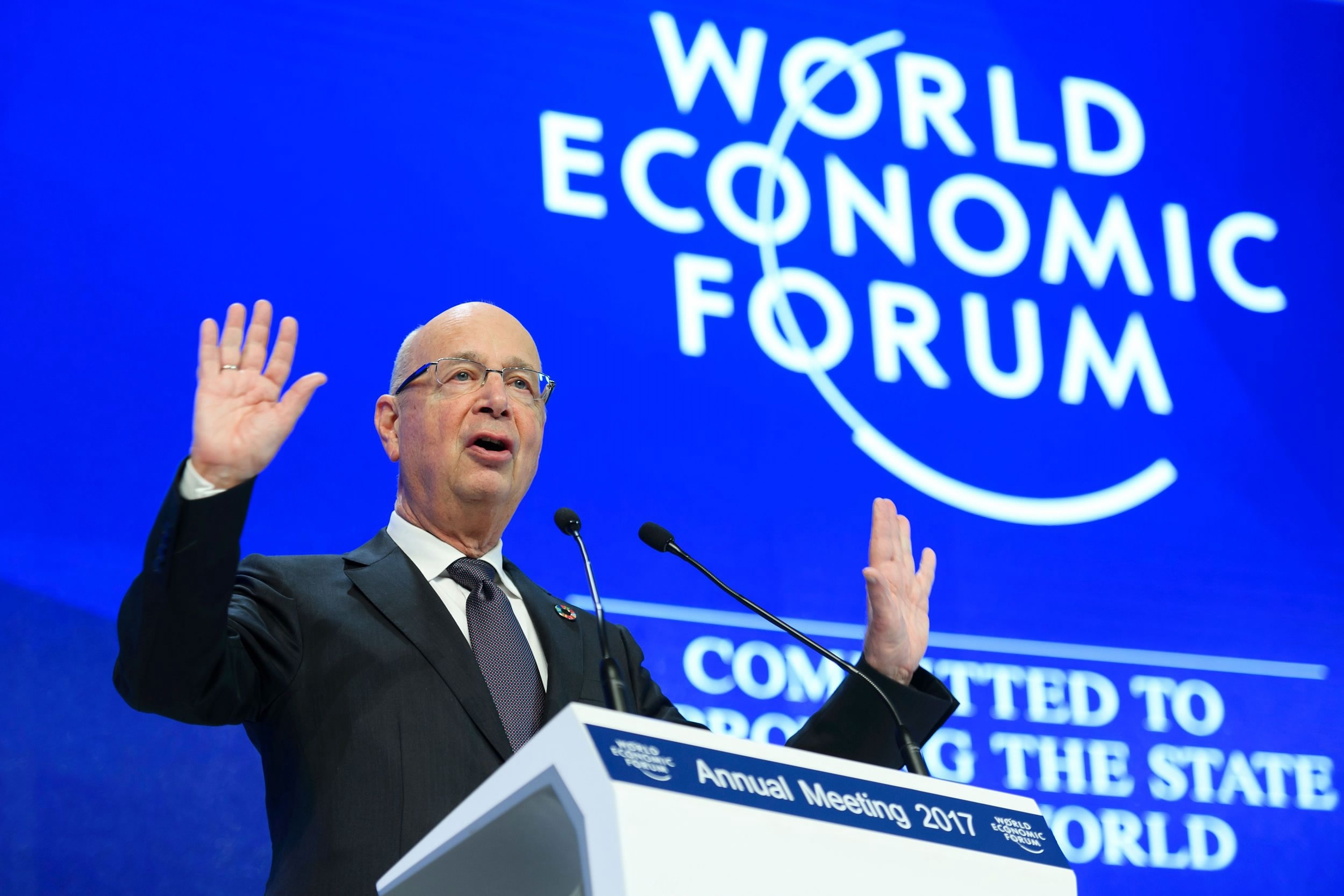
World Economic Forum founder and Executive Chairman Klaus Schwab during a session of the World Economic Forum in Davos, Switzerland, on January 19, 2017. /VCG Photo
Klaus Schwab, founder and executive chairman of the World Economic Forum (WEF) also highlighted China's efforts to push forward globalization.
"We are living in an interconnected and interdependent world and we need globalization because our fate is interwoven," he said ahead of this year's Summer Davos.
"The Chinese economy has surprised, again, many people as when we were in Tianjin a year ago and two years ago here, there were many skeptics."
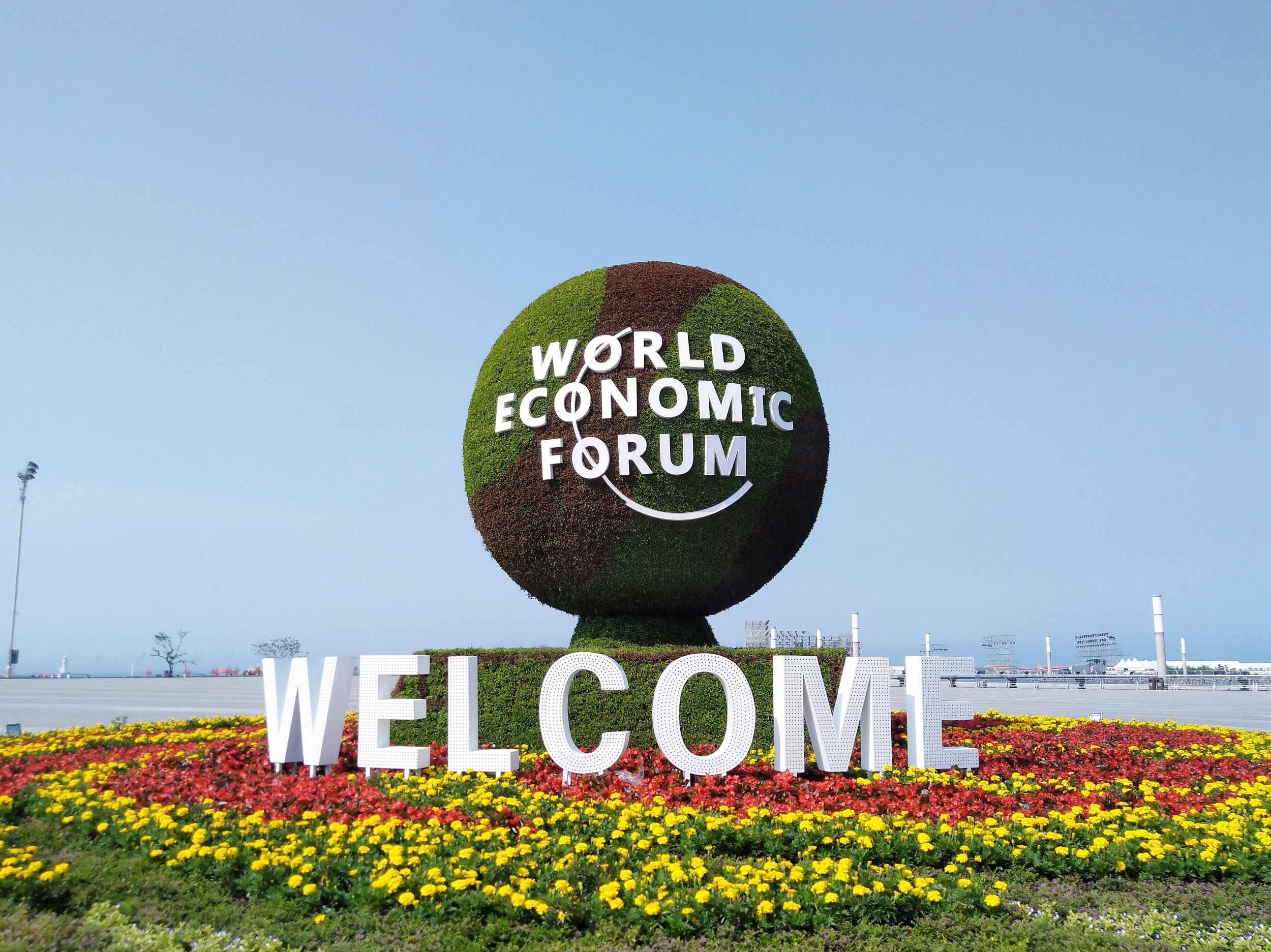
The Annual Meeting of the New Champions 2017, or Summer Davos kicks off in Dalian, China on June 27, 2017. /VCG Photo
China fully capable of achieving 2017 growth goals
The Chinese economy has become more stable and sustainable due to improvements in structure and efficiency, Li said.
The government set the GDP growth target at around 6.5 percent for the full year. The world's second largest economy posted a forecast-beating growth rate in the first quarter, with GDP up 6.9 percent year-on-year, the quickest increase in 18 months.
More needs to be done
Despite the favorable economic growth, China faces plenty of difficulties and challenges, which it is fully prepared to cope with, said the premier.
With a focus on supply-side structural reform, China is using the new round of industrial and technological revolutions to push forward economic reform, said Li.
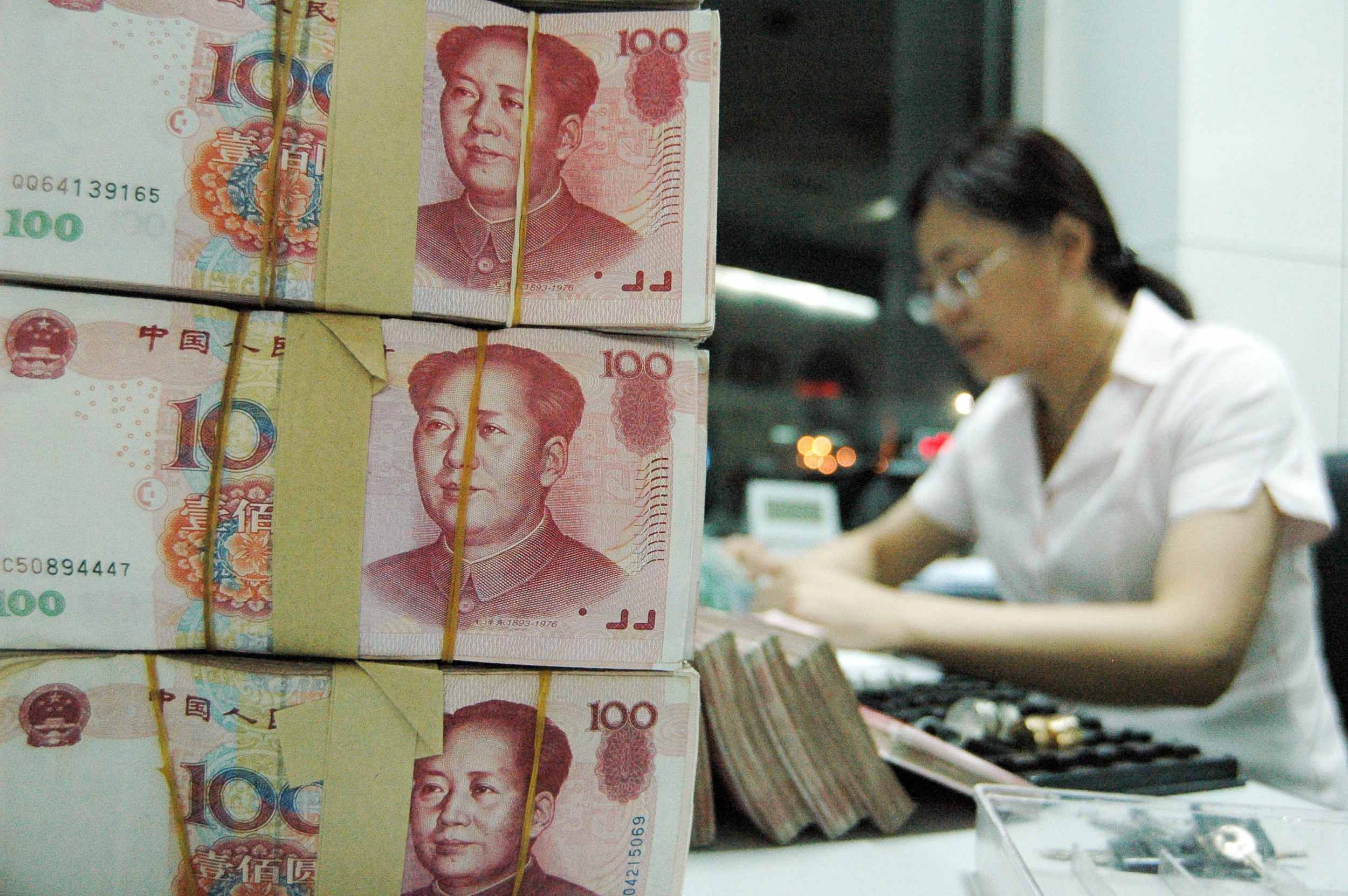
Chinese Premier Li Keqiang says measures have been put in place to cope with financial risks on June 27, 2017. /VCG Photo
In terms of financial risk control, the premier said that measures have been put in place to dissolve risk points, affirming "we will defend the bottom line of no systemic risks".
"China's inclusive growth is aimed at letting people live a better and more dignified life, and building an economy that is more energetic and sustainable," Li noted.







